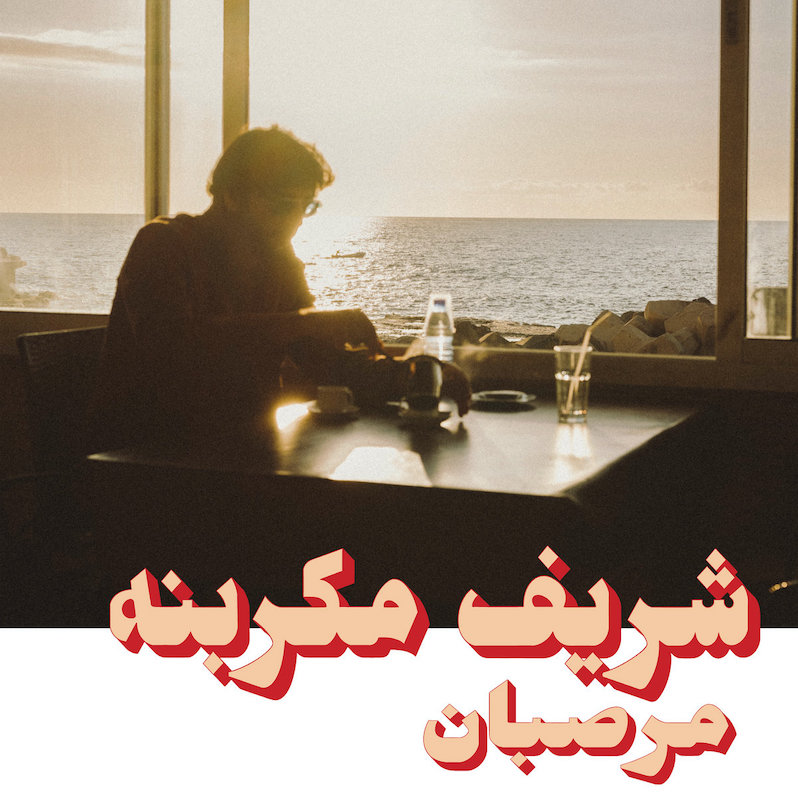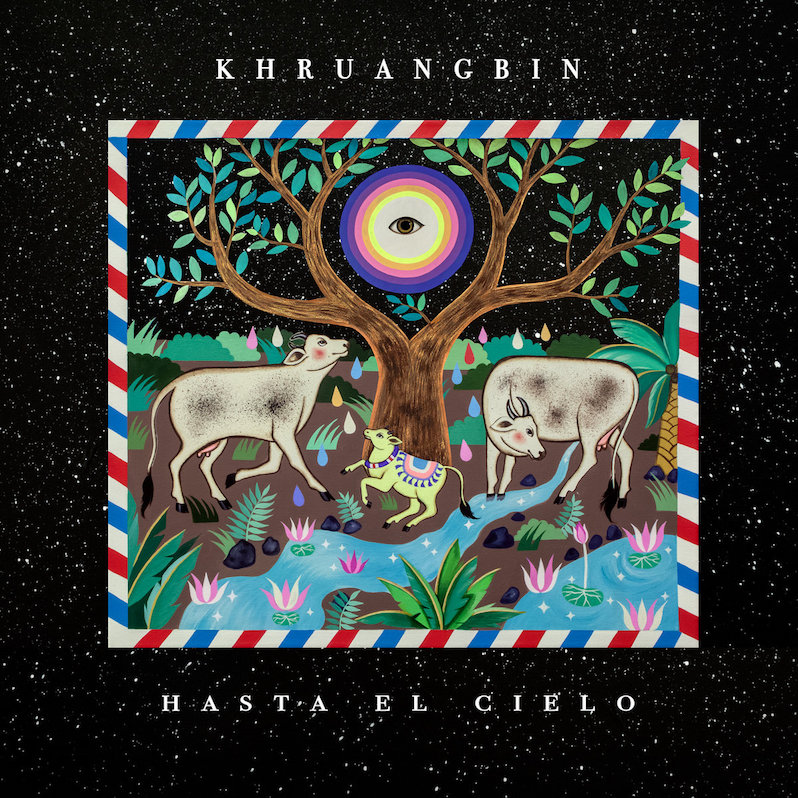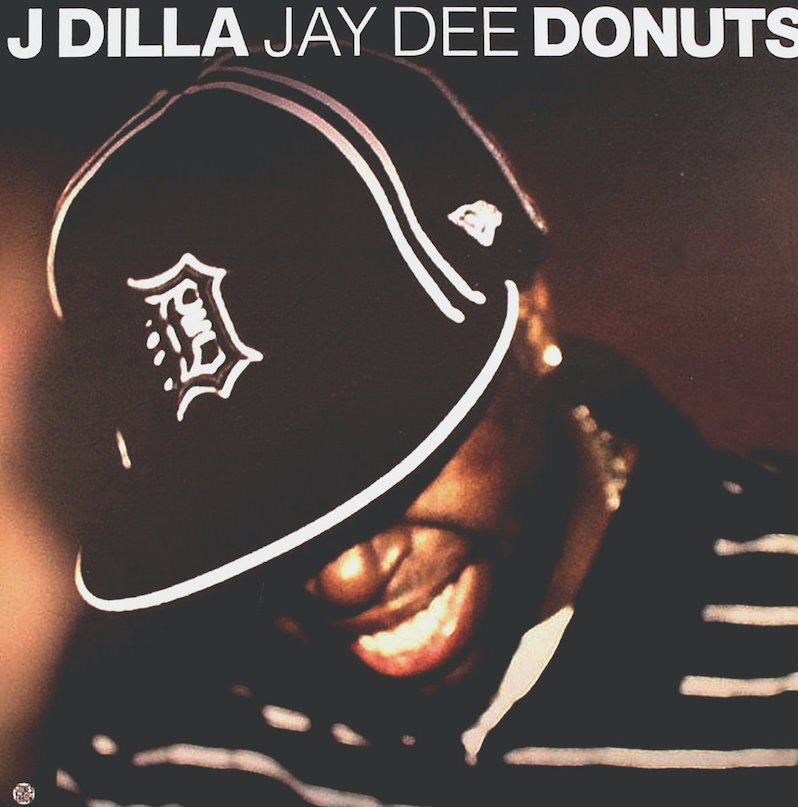Charif Megarbane – Marzipan

Charif Megarbane‘s Marzipan marks a first for Habibi Funk. The Berlin-based label has, since 2015, issued a number of archival and rare albums and compilations of music from the Middle East and North Africa, ranging from jazz and funk to folk and disco. But Megarbane, a prolific Lebanese artist who’s issued more than 100 mostly Bandcamp-only recordings under names such as Cosmic Analogue Ensemble and The Submarine Chronicles, delivers the first set of all newly recorded music to be released via the label. Marzipan draws on similarly eclectic and regionally specific influences and history as HF’s rich and affectionately restored archival releases, but broadcast from the present day and with an ear for rapidly evolving aesthetics.
Yet there’s a particular kind of vintage tint to the music that Megarbane makes, warmly fluid in its rubbery funk and elegantly elaborate arrangements. Citing Ennio Morricone, Astor Piazzolla and J Dilla among his inspirations, Megarbane has dubbed his sound “Lebrary,” a portmanteau of Lebanese and “library.” The latter refers to stock music made for commercial uses that, in more recent times, has come to signify a certain kind of funk- and jazz-tinged mood music that has been influential to contemporary beatmakers and purveyors of a particular kind of cinematic soul. Though on its face “library music” as a phrase doesn’t come close to capturing the kaleidoscopic, psychedelic groove that vibrates through Megarbane’s music.
While Marzipan carries a similar character to a beat tape from a producer like Madlib or a sample-based odyssey from The Avalanches, it’s a series of all-analog solo instrumental recordings. Megarbane plays nearly all instruments on the album, including guitar, bass, sitar, piano, melodica, flute, lapsteel, drums and Farfisa, to name a handful of implements on display throughout the eclectic collection. In the process, he often finds unconventional means through which to craft his sound, such as on “Souk el Ahad,” in which he puts a unique spin on a Middle Eastern arrangement with some unlikely instruments, with its lead melody played on an electric koto.
True to the spirit of his “Lebrary” style, however, Megarbane is masterful at weaving together sonic creations that evoke the haunting or electric mood of a great film score. Yet he does so while retaining the accessibility of a pop song, whether through the filtered-strings hip-hop of “Tarator,” the breezily romantic piano of “Pas de Dialogue,” or the driving disco-funk of the title track. And it’s just as often lush and sumptuous in its textures, as heard on the string-laden swirl of “Abou Boutros.”
When zoomed out, the scope of an album like Marzipan feels incredibly ambitious, particularly for being the product of one solitary musician. But in transitioning from one idea to the next, intertwining modern with vintage, he makes it all sound effortless, and above all, fun. “If the song creation process is not fun, I usually abandon the idea or revisit later,” he says in the album’s liner notes. “It might seem counter-intuitive, but I take the notion of playfulness very seriously—it usually yields the more surprising and interesting results, at least for me.” Where Marzipan is a significant release for Habibi Funk at least symbolically, but for Megarbane, it feels like a pivotal moment, the sound of a prismatic and eclectic future with a reverence for the sounds of Lebanon’s past.
Label: Habibi Funk
Year: 2023
Similar Albums:
Jeff Terich is the founder and editor of Treble. He's been writing about music for 20 years and has been published at American Songwriter, Bandcamp Daily, Reverb, Spin, Stereogum, uDiscoverMusic, VinylMePlease and some others that he's forgetting right now. He's still not tired of it.




